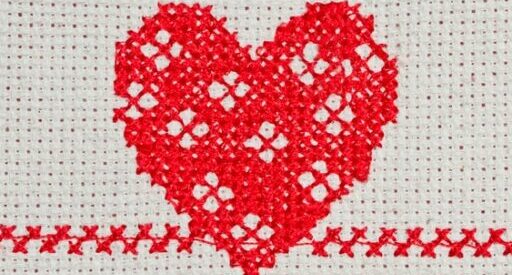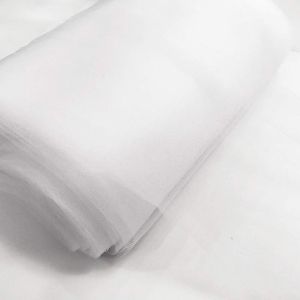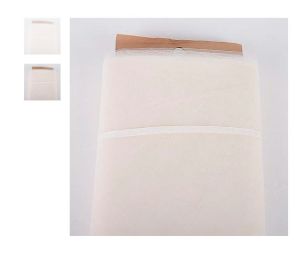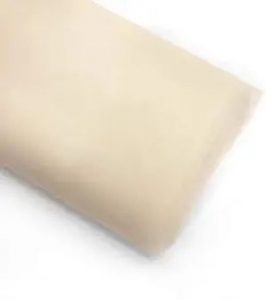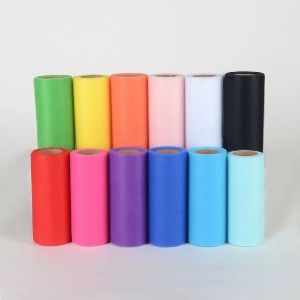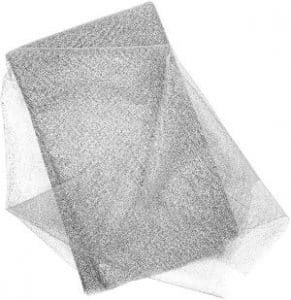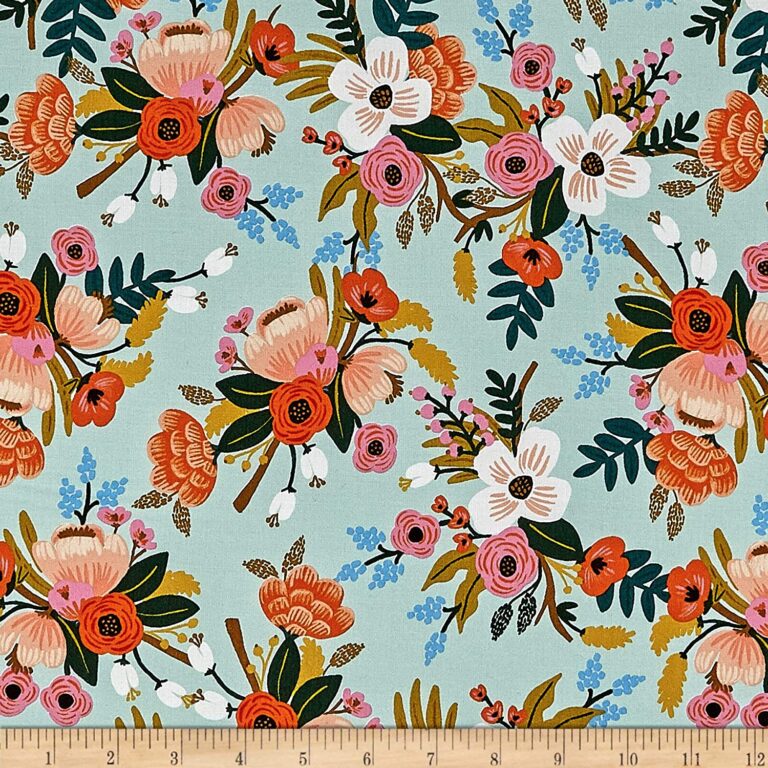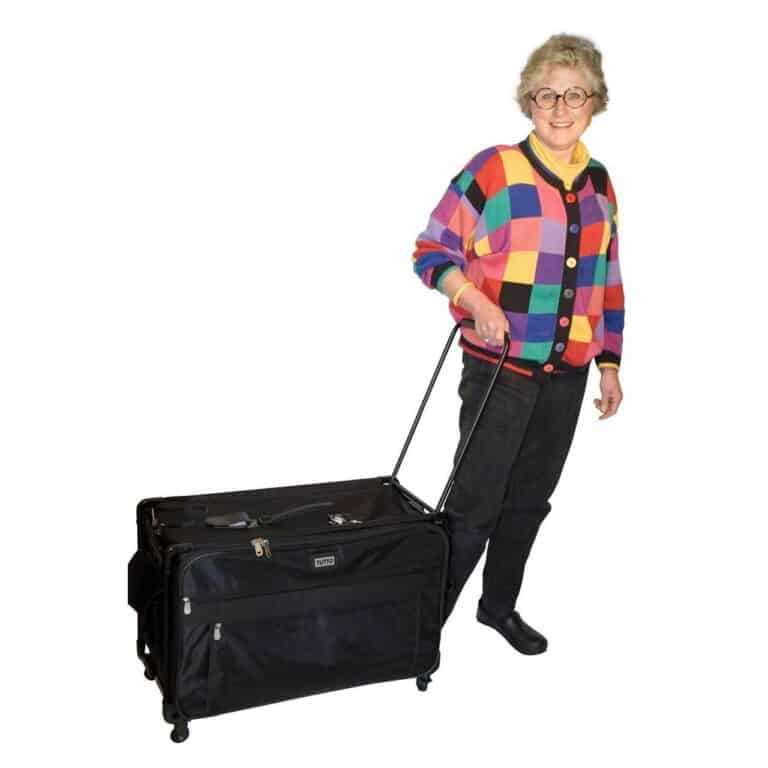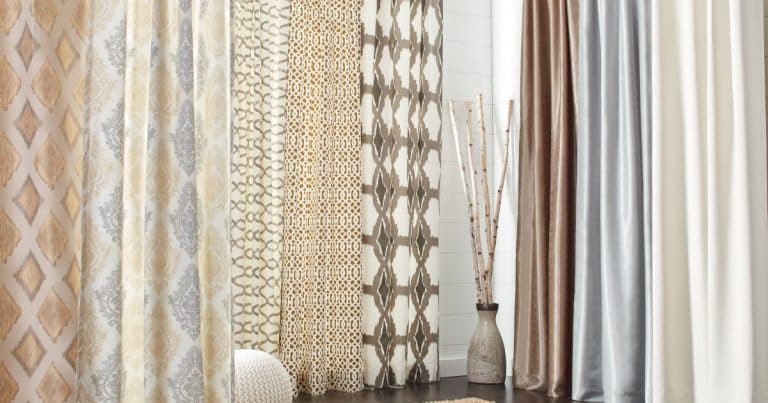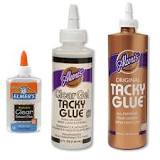Tulle Fabric: History, Property, Use, Care, Where to Buy
Table of Contents
- 1 Introduction to Tulle Fabric
- 2 What is the History of Tulle Fabric?
- 3 Properties of Tulle Fabric
- 4 How is Tulle Fabric Made?
- 5 Where is Tulle Fabric Made?
- 6 Common uses of Tulle Fabric
- 7 How to care for Tulle Fabric?
- 8 Where to buy Tulle Fabric?
- 9 Best Tulle Fabrics
- 10 Tulle Fabric Buyer’s Guide
- 11 Conclusion
Introduction to Tulle Fabric
Tulle fabric is a delicate netting fabric created from synthetic materials like nylon or natural fibers like silk. Polyester Tulle, readily available and relatively inexpensive, is the fabric of choice today.
Tulle and netting are extremely similar; the names are sometimes used interchangeably. However, Tulle is softer than netting and more costly while also better suited for making garments.
What is the History of Tulle Fabric?
The city of Tulle is where the fabric gets its name from. Around 1700, French people in this region began knitting a fabric that had honeycomb-like hexagonal meshes and was reminiscent of a honeycomb.
However, some historians say the origin of the fabric goes way back to ancient Greece, where the Greeks wore transparent veils and had the same arrangement. In the nineteenth century, Queen Victoria brought the fabric to the public light in England by wearing the fabric at a wedding.
Today, the fabric has a strong association with wedding attire as a result.
Properties of Tulle Fabric
Tulle is appealing because it is long-lasting, versatile, and accessible in a rainbow of colors. Tulle is known for its crisp texture, which helps give costumes and tutus their shape. The less expensive varieties of Tulle, on the other hand, are more likely to have a scratchy texture.
While more expensive varieties of Tulle fabric are soft against the skin, It is recommended that you test out Tulle by rubbing it against your skin before purchasing it for use in sewing projects.
How is Tulle Fabric Made?
Tulle production involves several intricate steps. It must be manufactured in a way that allows it to keep its low mass while also providing adequate strength. This is achieved by the use of a technique called the bobbinet. Using a weft thread and a warp thread is one method for creating Tulle.
They’re rolled up in a manner that makes a hexagonal form. This form prevents the thread from twisting and tangling. The consistent tension applied to the thread by the wrapping process also contributes to the thread’s durability.
Where is Tulle Fabric Made?
The majority of Tulle fabric is produced in Asian nations, including China. Since China is the leader in the textile market, most Tulle is made there. Raw commodities are often shipped to China to be manufactured into finished products.
Common uses of Tulle Fabric
Tulle fabric is used for various garments along with different products.
Daily Apparel
Tulle is commonly used for wedding gowns. It can be used wholly or in part to create evening gowns too. Tulle isn’t limited to making skirts; it may also be used for the sleeve’s top or cuffs. It is also frequently used as an embellishment on dancewear to add a dreamlike quality.
At the same time, Tulle fabric is used for making petticoats because of its lightweight properties.
Arts and craft
Tulle’s adaptability extends to other uses, such as decorative bows and gift packaging. Tulle is used for various creative projects, including dolls, hats, fabric flowers, bows, and party chair decorations.
Lining
Tulle is commonly used as a liner and is layered beneath lace or beadwork to add structure.
Sewing with Tulle Fabric
Tulle fabric is a stretchable fabric that requires special attention when sewn. It would help if you used a rotary cutter when cutting the fabric to get accurate pieces.
If you want to get the best results from your sewing project, you should be sure to utilize the appropriate sewing essentials, sewing notions, and supplies.
When sewing patterns and designs on the fabric, sew the fabric slowly to prevent the material from puckering or pulling. Tissue paper placed beneath the stitching lines facilitates working with Tulle.
The seam will be visible because the Tulle is see-through. You can make the seam less obvious if you cut the seam near the stitching and finish the raw edges with a zig-zag stitch. The sewing threads should be polyester since they are stronger and less likely to snap.
You should also use the best sewing machines like the Brother SE600 for the best results. Tulle Fabric can be sewn in various ways, so long as you keep these minor tips and tricks in mind.
Dyeing with Tulle Fabric
Although it may seem impossible, Tulle fabrics can be dyed. The method can be useful for designers and buyers with specific tastes. The fabric can be dyed using the Rit All-Purpose Liquid Dye, the best fabric dye available.
How to care for Tulle Fabric?
You would think that cleaning and ironing fabrics made of Tulle fabric would be difficult, but they are not.
Washing
- Use lukewarm water to wash the fabric
- Handwashing is always the safest and most effective cleaning method.
- The fabric doesn’t do well in a washing machine since its fibers get untangled
- If you still prefer to wash it in the machine, the machine setting should be set to a normal cycle
- You should use a gentle detergent for your Tulle fabric
- The fabric can be dried by air-drying it on a flat exterior
- Do not tumble-dry the fabric
Ironing
- Using a shark steam iron, press the fabric on the wrong side
- Use a low heat setting and a press cloth
- Make use of pins to keep the fabric in place
Where to buy Tulle Fabric?
Retailers of both fabric and garments typically carry Tulle fabric in their inventories. Customers can also purchase Tulle fabric through online merchants and websites such as https://amzn.to/4b6kxLB and Amazon, which stock the best Tulle fabric currently stocked.
It can be sold in several different ways, depending on the vendor, including:
- By the yard
- Using Inches
- Able to be shaped according to certain requests
Tulle fabric is a great option for crafters and sewers seeking to create fancy dress garments or dancewear, or large and small-scale decoration projects. When selecting a tulle fabric for any type of project, there are a variety of factors to consider. This buying guide can help you find the perfect tulle fabric for your project.
Best Tulle Fabrics
Here are our tulle fabric reviews.
How I decide on what to buy:
My goal is to help you find the best sewing resource for your requirements. I do the legwork to ensure you get the most for your money, whether you’re shopping for high-end gear or the bare essentials.
I consult experts, sewists, teachers, and/or craftspeople, and family members who are also sewists; I scour the Internet for information on how sewing supplies are used; I read customer reviews by real users; and, of course, I rely on my own accumulated expertise as a sewist.
1. Craft and Party Tulle Fabric
Craft and Party tulle fabric is 100% polyester with fine, diamond netting. It comes in a wide range of colors. It is great for use in weddings and other special event projects and works well for draping, making bows, and creating swags.
- 54 inches wide
- 100% soft polyester
- Fine netting
2. 54 Inch Tulle Fabric Bolt
This tulle fabric comes by the 40-yard bolt, and is available in a range of colors. Its sheer diamond net makes it suitable for a range of decoration projects, and its price makes it a great choice for large-scale projects. It can also be used for garments in overlays or dancewear.
- Sheer diamond net
- 54-inch width, 40 yards length
- Bargain price
3. Emori Tulle Fabric Bolt
This Emori tulle fabric is available in fifteen different solid colors. It is affordably priced for an entire bolt of material and can be used for large-scale projects such as wedding decoration. Its diamond mesh is also suitable for other projects such as garments, bows, table runners, and much more.
- 54 inches by 40 yards
- 100% polyester
- Diamond netting
4. BB Crafts Premium Tulle Fabric Bolt
This BB Crafts tulle fabric is sold by the 40-yard bolt and is available in seven solid colors. It is an affordable choice for large-scale decoration projects such as creating wedding arches, table runners, and chair swags. It can also be used to create garments such as dresses and dancewear.
- Sheer finish
- 54 inch width
- Wide range of uses
5. Bright Creations Glitter Tulle Fabric
This Bright Creations tulle fabric is available in either gold or silver finish. The large 10 yard cut of fabric is affordable, making it a great choice for large scale decorations like wedding arches, table runners, and chair sashes. It is also a good choice for creating garments such as tutus and overlays for fancy dresses.
- 54 inches by 10 yards
- Glitter finish
- Sheer
Tulle Fabric Buyer’s Guide
Tulle fabric is used on a wide variety of projects, including decorative projects such as table runners and chair sashes, and garment projects such as dance wear and overlays for formal dresses. This buying guide contains a variety of tulle fabric options.
There are a number of factors to consider to help you find the perfect tulle fabric for whatever project you have in mind.
One factor to consider when selecting a tulle fabric is its finish. All tulle fabrics in this buying guide have sheer finishes, many with diamond netting.
One of the fabrics is also available in a glitter finish. This makes these fabrics lightweight and suitable for large-scale draping projects, such as creating wedding arches, and they can also be used to create sheer curtain panels.
Tulle fabrics also make suitable overlays to add a beautiful touch to formal wear and can be used to create dancewear such as tutus. Many of the fabrics in this buying guide come in a range of colors, so you can find the perfect fabric to match your color scheme.
Another factor to consider is how much fabric you need to complete your project. The fabrics in this buying guide are sold by the bolt and are very affordable for a large amount of fabric.
This makes them a great choice for large-scale projects such as creating drapes from the ceiling and creating bows for pews or chairs at a wedding.
By using this buying guide, you will be able to find the tulle fabric with all the features you need for whatever project you have in mind.
Recommended Reading:
- Chapter 1: The 7 Sewing Essentials for Beginners
- Chapter 2: The Beginner’s Guide to Sewing Machines
- Chapter 3: The Ultimate Guide to Setting up your Sewing Room
- Chapter 4: Everything You Need To Know About Sewing
- Chapter 5: Sewing Fabric 101: A Virtual Tour of the Fabric Store
Conclusion
Now that you know the definition of Tulle, you can appreciate it for what it truly is: a versatile fabric with a fine mesh that can be draped in various ways. It’s a lightweight material, yet it can be used in many creative ways.
Sources
